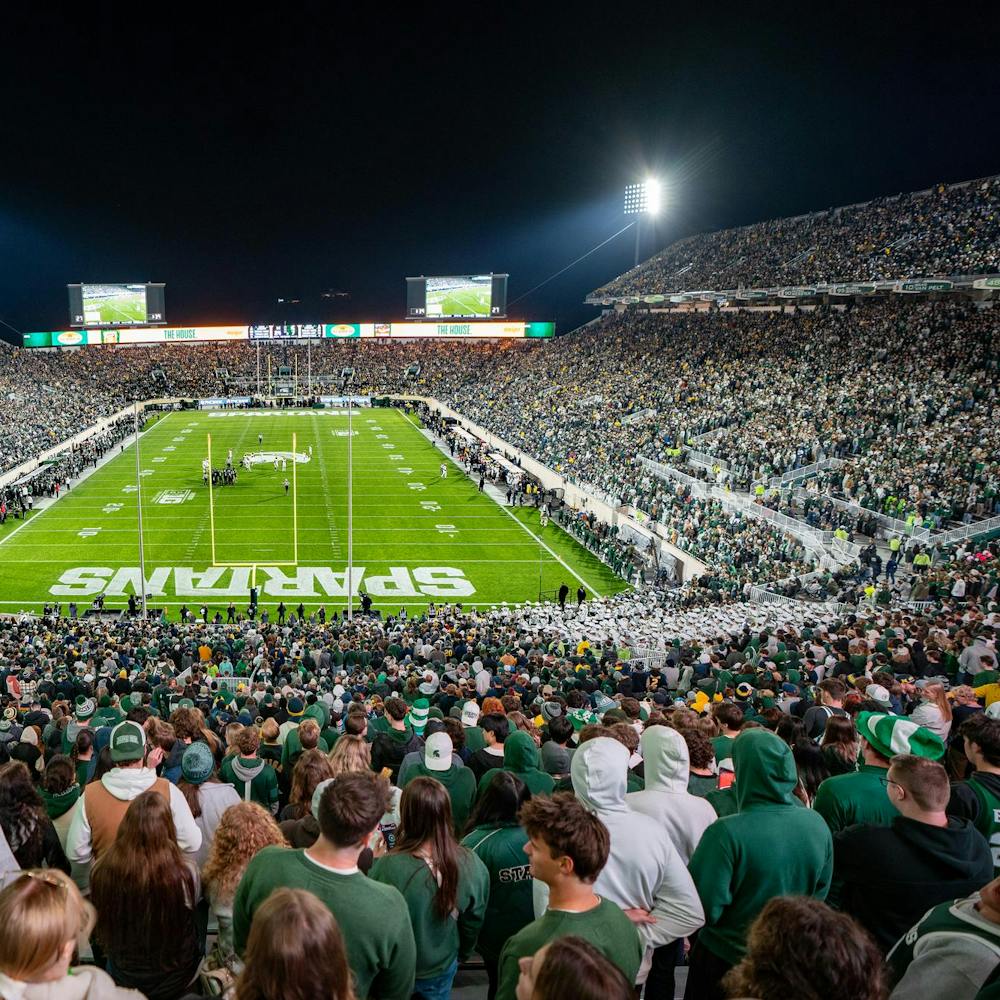When Sen. Barack Obama, D-Ill., had more pledged delegates but fewer superdelegates than Sen. Hillary Clinton, D-N.Y., Obama supporters as well as others were outraged. They questioned the democratic process of nominating candidates for the presidential election. The last thing any of them wanted was a candidate chosen by so-called “party elites” that strayed from what the people wanted. They sought to remedy this situation by eliminating superdelegates or at least forcing them to vote the way that their state voted. What these outraged citizens don’t seem to understand is that the nominating process is not intended to be a purely democratic process, nor should it be.
Even without superdelegates, the nominating process isn’t very democratic anyway. The U.S. Constitution states that the election for president of the United States has to happen on the same day throughout the country. This was for obvious reasons: They didn’t want some states to have more influence over the process than others because of when they chose to have their election. Obviously, those in charge of the nominating process don’t have the same kind of worries, since they allow Iowa and New Hampshire to go well before the rest of the states. Anybody who comes from Michigan knows firsthand that the process is certainly not democratic since the Democrats initially decided to take away all of our delegates, eventually giving half of them back after the nomination process was nearly in the bag anyway. The Republicans also took away half.
The Democratic and Republican parties do not have to make the process democratic at all. The party elites could choose the candidate for us nearly completely independently, as they did before in 1972, and it would be completely within their right to do so. But suppose the Democrats and the Republicans decided they wanted to make the process democratic. They could have every state vote on the same day. They could make the nomination process based purely on national popular vote, Electoral College or by any means they choose. They are not going to do this, nor should they. They know that keeping some elitist control over the process is necessary.
As much as I love democracy, I also know that sometimes the masses don’t always make the right decision. One of the biggest problems with the primary system is that Democrats vote in their primary, and Republicans in theirs. This causes a polarizing effect when they choose their candidates. Since Democrats are, in general, more liberal than the rest of the country, their candidate is going to be more liberal to reflect that. Similarly, the Republican candidate would be more conservative for the same reason. As a result, the parties’ candidate choices are polarized by a democratically chosen nomination system.
The greatest example of this is the 1972 Democratic nomination of George McGovern. McGovern, liberal even by most Democrats’ point of view, went on to win only Massachusetts and Washington D.C. and to lose one of the largest landslides in the history of U.S. presidential elections. The problem is, although the general Democratic voters chose him as their nominee, he was simply not electable in a general presidential election. The party elites knew this as evidenced by their lack of general support for him in the primaries. Had they more control over the system, they may have been able to put forward a candidate that could defeat President Richard Nixon in the general election.
Even if they could, delegates that pledge to candidates are die-hard supporters, and lacking a talking, burning bush — the foliage kind, not the presidential kind — telling them to vote otherwise wouldn’t work. The party could get stuck with a candidate who, only a few months before the general election, is already neck-deep in controversy; or maybe worse, on trial or otherwise unable to campaign. This kind of event could happen after most, or even all states had already held their primary or caucus, and at that point had been unaware of the coming controversy and may have voted otherwise if they had known. In this kind of situation, a large number of superdelegates would be able to, at the last moment, influence the outcome of the delegate count at the convention to change the candidate choice for their party. Although seemingly undemocratic, this would be necessary if the party wants any sort of chance in the general election.
Alex Freitag is a State News columnist. Reach him at freitaga@msu.edu .
Support student media!
Please consider donating to The State News and help fund the future of journalism.
Discussion
Share and discuss “Superdelegates vital to election” on social media.

